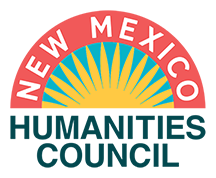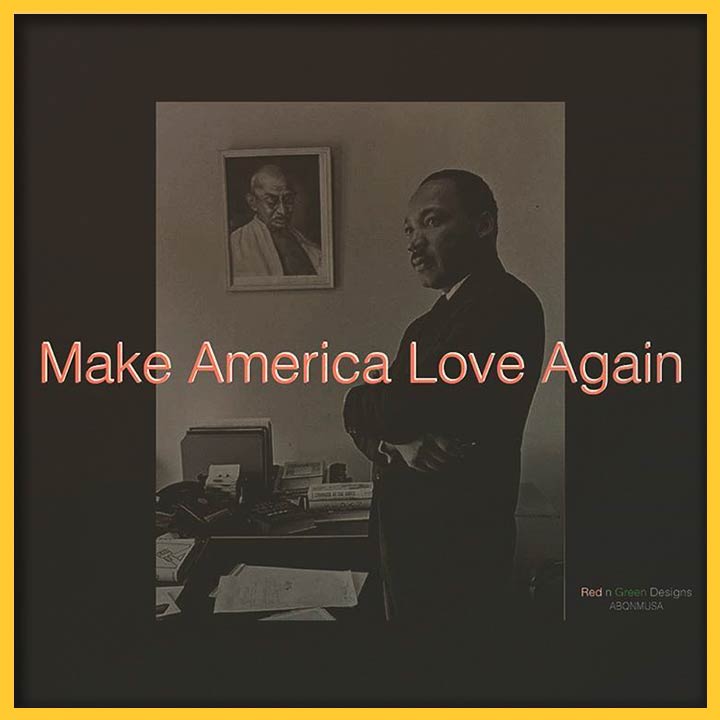SHARE:
“On August 6th, 1965, the President’s Room of the Capitol could scarcely hold the multitude of of white and Negro leaders crowding it. President Lyndon Johnson’s high spirits were marked as he circulated among the many guests whom he had invited to witness an event he confidently felt to be historic, the signing of the 1965 Voting Rights Act. The legislation was designed to put the ballot effectively into Negro hands in the South after a century of denial by terror and evasion. The bill that lay on the polished mahogany desk was born in violence in Selma, Alabama, where a stubborn sheriff handling Negroes in the Southern tradition had stumbled against the future.”
-Dr. Martin Luther King Jr., Where Do We Go From Here: Chaos or Community (1967)
Dr. King gets significant and deserved credit for being one of the greatest orators of the 20th century, however he never gets his just due as a poet. In the passage above, from the last manuscript he would ever finish in his lifetime, he married Mahogany with the violence unfurled on Black bodies in Selma one bloody Sunday. A mere five months before the passage of the Voting Rights act of the same year, two years before King retreated to Jamaica to complete this book.
Mahogany is a reddish-brown color. Blood and Black. His poetry was both pictorial and painful. Even in a moment of victory, the passage of the Voting Rights Act (perhaps King’s crowning achievement), the details the author dialed into were devastating. Then comes the volta. A word of Italian origin that is used to describe a shift of view, a change of direction or a transformation in a poem. King has one of those above also. He takes a turn towards hope when he reminds the reader of that “stubborn sheriff” who ended up on the losing end of a head-on collision with the future.
By the time you read this it will be 2022. We are the future.
And in the time since King’s passing it’s become more and more difficult to tell who is on the losing end. At the time of this writing, 19 state legislatures have passed 33 laws limiting voting rights with more on the way.(1) If the “New Jim Crow” is the carceral system (shout out to Michelle Alexander), then what we are now witnessing feels like nothing more than the old Jim Crow… again.
The whole point of the three march series that were the Selma Marches, was to protest the blocking of Black Americans’ right to vote (2). As well as, draw national attention to the murder of Jimmie Lee Jackson, a Black Civil Rights Activist and deacon who was murdered a month prior in Marion, Alabama while also protesting for voting rights. It was the defining struggle of that generation. It is sad, and perhaps poetic, that it is turning out to be the defining struggle of a generation… again.
I prefer to think that Dr. King, the poet, routinely and mischievously flaunted his poetic license in order to disobey the “grammar police” by meticulously encrypting his political writings with literary devices. You could call them poems. Something to where the volta simply means…
…it’s our turn.
Martin Luther King III, Dr. King’s eldest son, recently told Axios, “Every generation has to earn its freedom, and so this is a form of re-acquiring the freedom. We shouldn’t have to do it. But we do have to do it, and we are going to do it, because the voting rights of people are far too important.” The family of Martin Luther King Jr. is urging the public to effectively boycott MLK Day celebrations if Congress doesn’t pass one of the two national voting rights protection bills currently circulating about its chambers. The approach is being called “no-celebration-without legislation.” All too poetic, just like the clever notion of boycotting a filibuster or putting the words “poetic” and “justice” together and calling it a thing.
Volta sort of sounds like vote. That’s not poetry, nor is it a coincidence. However, wouldn’t it be ironic if the last MLK Day people didn’t gather due to being in the throes of a global pandemic and this MLK Day people don’t gather for cause. Or would it just be sad? Sad how far we haven’t come. A mourning of the progress we’ve lost. Or maybe, just maybe, King left.
FOLLOW HAKIM ON TWITTER AND LISTEN TO AN AUDIO READING OF THE POEM “FOR LARRY PAYNE.”
This column was generously funded by a grant from the Mellon Foundation to explore the question of Democracy and the Informed Citizen.
PASA POR AQUÍ
ADDITIONAL BLOG ARTICLES
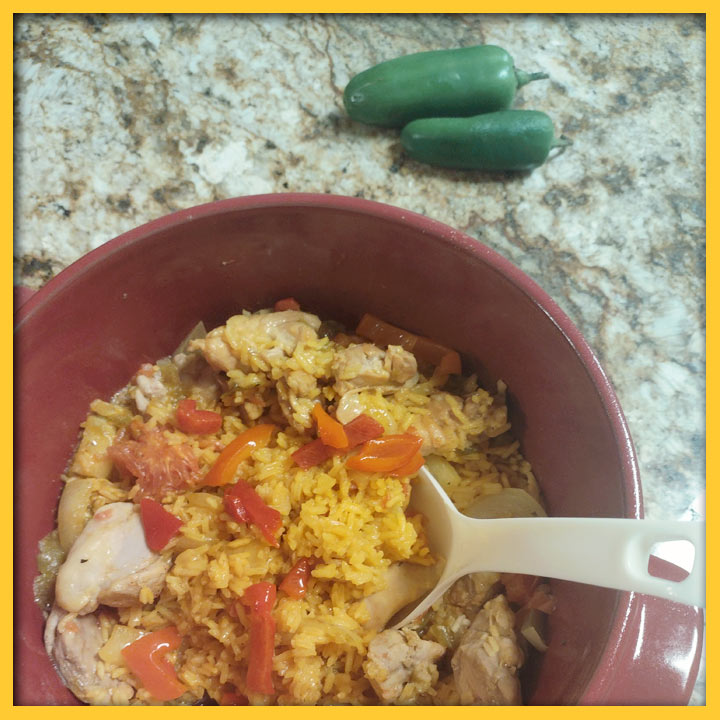
CULTURE ALSO COMES IN THROUGH THE KITCHEN
By Teresa Dovalpage
“Here in Hobbs, where I currently live, the Cuban community, very small when we moved here seven years ago, is growing fast.”
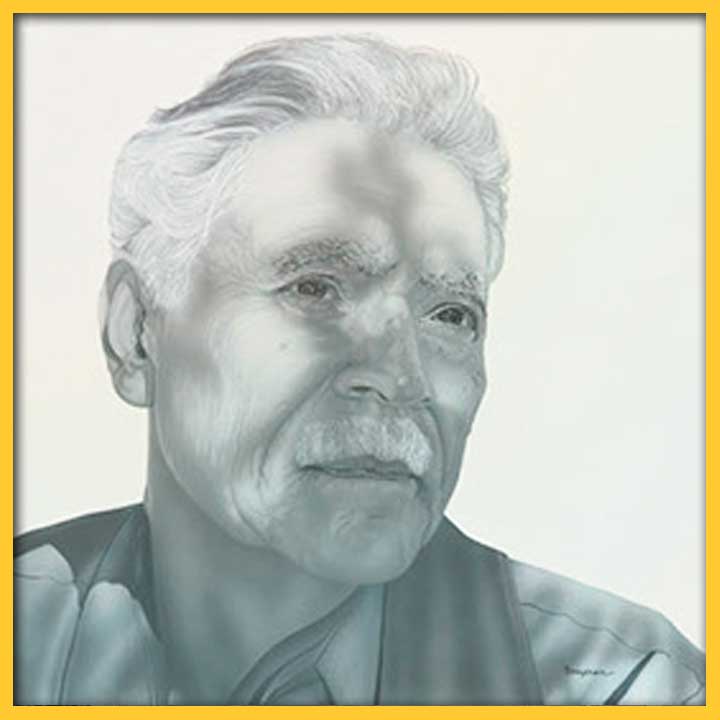
RUDOLFO ANAYA’S MAGIC WITH WORDS
By Chris Chaves
“It seems that, for Anaya at least, libraries and the magical words hidden in their books can serve to impart knowledge, facilitate love, and encourage empathy about others.”
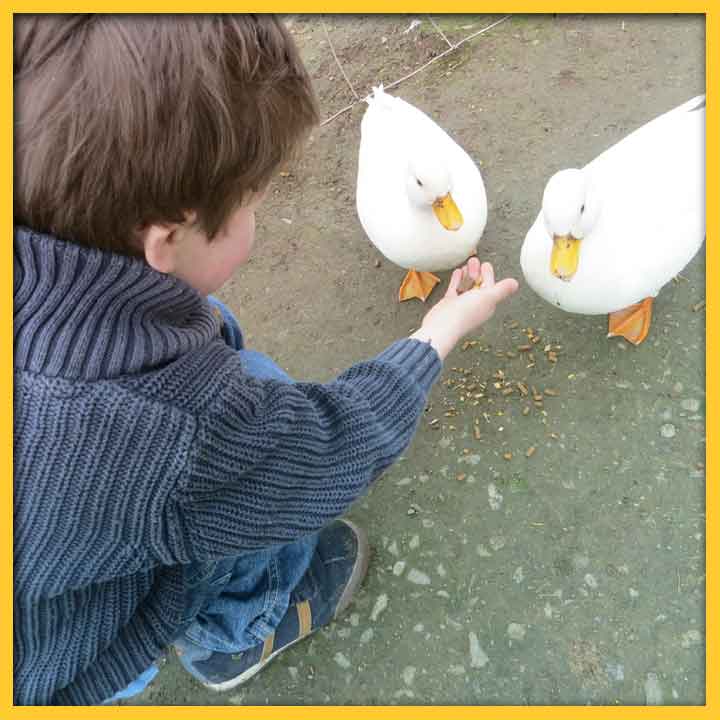
ECOLINGUISTICS AND HOW LANGUAGE CAN SAVE THE WORLD
By Monika Dziamka
“It’s hard to talk about gender, equality, and equity without also talking about issues surrounding sustainability and the environment—which in turn relate to issues of power, colonialism, and capitalism.”
SHARE:
DISCLAIMER:
Any views, findings, conclusions or recommendations expressed in this blog post/article does not necessarily represent those of the New Mexico Humanities Council or the National Endowment for the Humanities.
ABOUT THE AUTHOR:
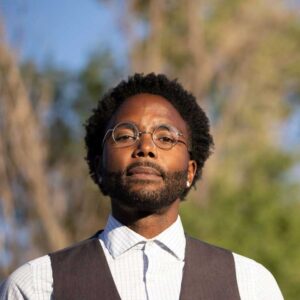
HAKIM BELLAMY
Hakim Bellamy recently served as the Deputy Director for the City of Albuquerque Department of Arts & Culture (2018-2022). The inaugural poet laureate of Albuquerque (2012-2014), Bellamy is a national and regional Poetry Slam Champion who holds three consecutive collegiate poetry slam titles at UNM. He is the author of eight books including the children’s book, Samuel’s Story (Community Publishing 2015), as well as his award-winning poetry collection SWEAR (West End Press/UNM Press). He is the co-creator of the multimedia Hip Hop theater production Urban Verbs: Hip-Hop Conservatory & Theater that has been staged throughout the country. A Kennedy Citizen Artist Fellow, he has facilitated youth writing workshops for schools, jails, churches, prisons and community organizations in New Mexico and beyond. He currently serves as the Board President for the One Albuquerque Fund and as a Western States Arts Federation Trustee. www.beyondpoetryink.com.
